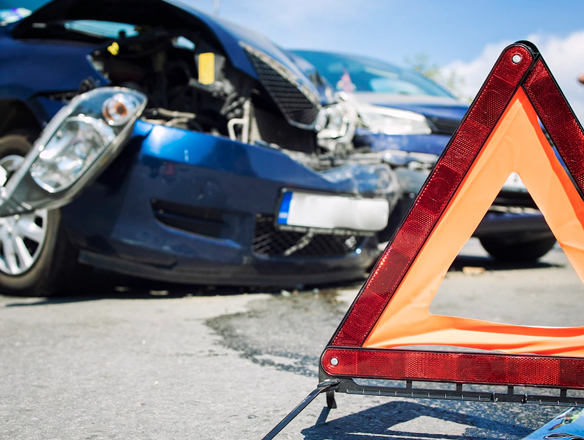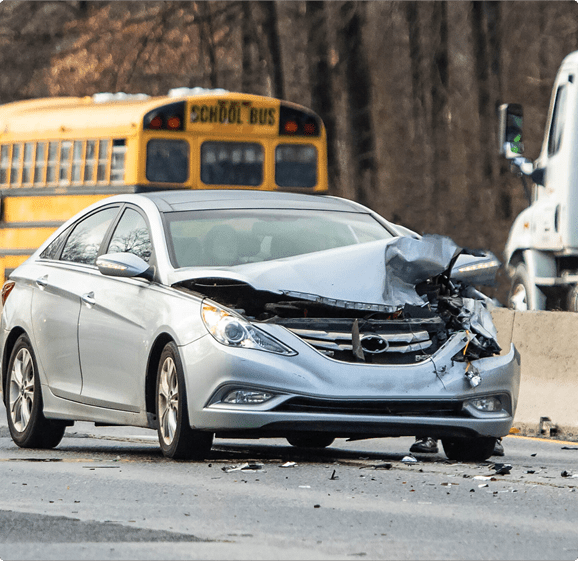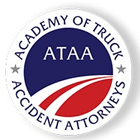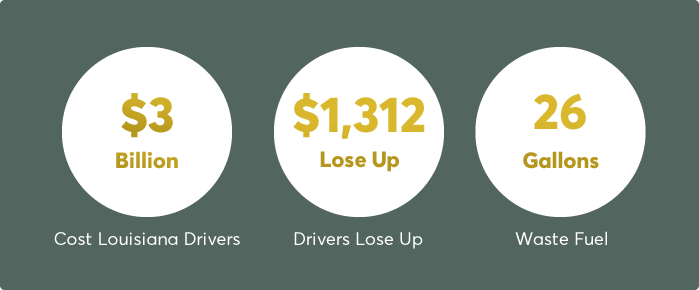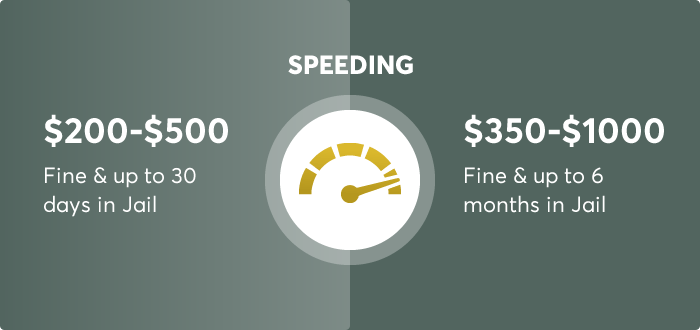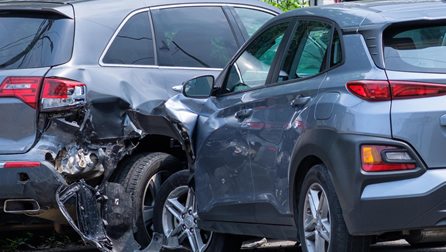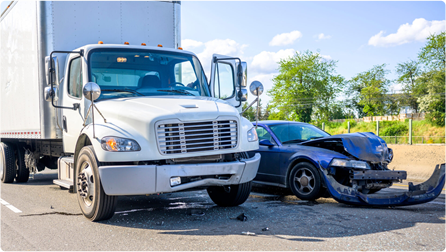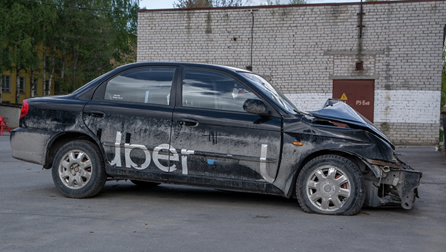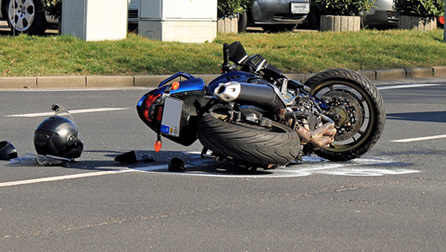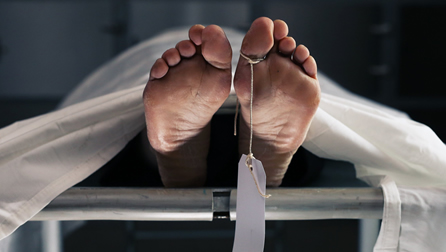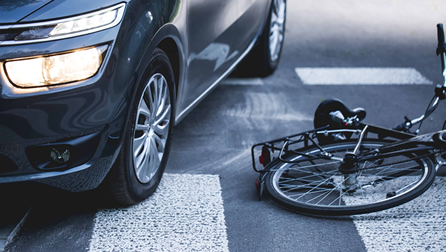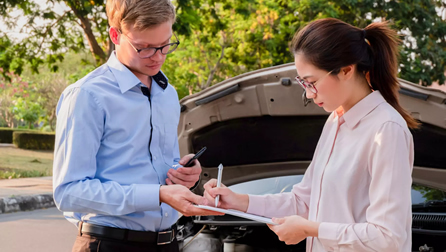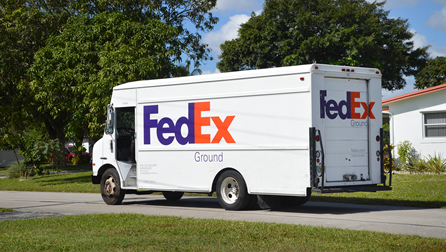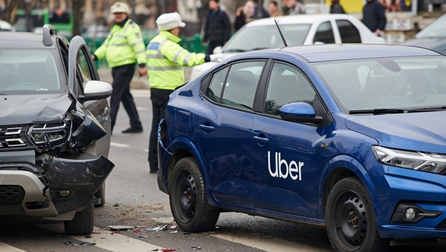At Charbonnet Law Firm, our team of attorneys are not only experienced but also have deep roots in the New Orleans area. This gives them a unique understanding of local car accident laws and the community. With more than 50 years of combined legal experience serving families in the New Orleans area and surrounding Louisiana communities, our team is well-connected and respected within the community. We pride ourselves on providing personalized legal services tailored to each client’s individual needs.
Our focus on complex injury cases is a testament to our commitment to providing the best possible outcome for our clients. We take a collective team approach when handling these cases, which requires thorough research and medical expertise. By combining the experience of multiple attorneys, we are better prepared for trial should a case need to be litigated. But it’s not just injury cases that we handle, our team also represents families that need other legal services, such as probate services such as drafting wills, handling successions, and estate planning, we are here to help you in every step of the way.



